Read-along – Robinson Crusoe (4 of 4)
The last quarter – The Tempest, The Martian & Bear Grylls
Dear Castaways,
We’ve finished Robinson Crusoe! What did you think? Please do share your thoughts in a comment below. Here are mine:
As I mention in the video above, I was struck in this final section by the number of parallels between Robinson Crusoe (1709) and Shakespeare’s The Tempest (1611).
Here are some of the places I spotted similarities. I’d love to know if you came across any others!
The Tempest: The sky, it seems, would pour down stinking pitch, / But that the sea, mounting to th’ welkin’s cheek, / Dashes the fire out. . . . A brave vessel, / Who had, no doubt, some noble creature in her, / Dashed all to pieces. O, the cry did knock / Against my very heart! Poor souls, they perished. (1.2.3-9)
Robinson Crusoe: a raging Wave, Mountain-like, came rowling a-stern of us, and plainly bad us expect the Coup de Grace. In a word, it took us with such a Fury, that it overset the Boat at once; and separating us as well from the Boat, as from one another, gave us not time hardly to say, O God! for we were all swallowed up in a Moment. (p. 39)
The Tempest: Where should this music be? I’ th’ air, or th’ earth? / It sounds no more . . . This music crept by me upon the waters, / Allaying both their fury and my passion / With its sweet air. Thence I have followed it, / Or it hath drawn me rather. (1.2.465-72)
Robinson Crusoe: I bad them hollow, as loud as they could, and wait till they found the Seamen heard them; that as soon as ever they heard the Seamen answer them, they should return it again, and then keeping out of Sight, take a round, always answering when the other hollow’d, to draw them as far into the Island, and among the Woods, as possible, and then wheel about again to me, by such ways as I directed them. (p. 222)
The Tempest: Most sure, the goddess / On whom these airs attend!—Vouchsafe my prayer / May know . . . If you be maid or no. (1.2.505-11)
Robinson Crusoe: Am I talking to God, or Man! Is it a real Man, or an Angel! (p. 214)
The Tempest: What’s the matter? Have we devils here? Do you put tricks upon ’s with savages and men of Ind? Ha? (2.2.58-9)
Robinson Crusoe: either there were Inhabitants in it, and they should all be murther’d, or else there were Devils and Spirits in it, and they should be all carry’d away, and devour’d. (p. 224)
The Tempest: I’ll show thee every fertile inch o’ th’ island, /and I will kiss thy foot. I prithee, be my god. (2.2.154-5)
Robinson Crusoe: he kneel’d down again, kiss’d the Ground, and laid his Head pon the Ground, and taking me by the Foot, set my Foot upon his Head; this it seems was in token of swearing to be my Slave for ever (p. 172)
The Tempest: At picked leisure, / Which shall be shortly, single I’ll resolve you . . . There are yet missing of your company / Some few odd lads that you remember not. (5.1.299-308)
Robinson Crusoe: Our Case, said he, Sir, is too long to tell you, while our Murtherers are so near (p. 214)
The Tempest: Sir, I invite your highness and your train / To my poor cell, where you shall take your rest / For this one night (5.1.358-60)
Robinson Crusoe: I prepar’d to go on Board the Ship, but told the Captain, that I would stay that Night to prepare my things (p. 232)
We have talked already about some of the subsequent ‘Robinsonade’ works that were inspired specifically by Man Friday. Here are some other, particularly creative adaptations of the Robinson Crusoe story. Of these I would especially recommend Ballard’s brilliant Concrete Island.
Robinson Crusoe on Mars (1964), dir. Byron Haskin
Special-effects wunderkind and genre master Byron Haskin won a place in the hearts of fantasy-film lovers everywhere with this gorgeously designed journey into the unknown. When his spaceship crash-lands on the barren wastelands of Mars, U.S. astronaut Commander “Kit” Draper (Paul Mantee) must fight for survival, with a pet monkey seemingly his only companion. But is he alone? Shot in vast Techniscope and blazing Technicolor, Robinson Crusoe on Mars is an imaginative and beloved techni-marvel of classic science fiction.
Criterion Collection | 110 minutes | Blu-ray and DVD
Concrete Island by J. G. Ballard (1974)
On a day in April, just after three o’clock in the afternoon, Robert Maitland’s car crashes over the concrete parapet of a high-speed highway onto the island below, where he is injured and, finally, trapped. What begins as an almost ludicrous predicament soon turns into horror as Maitland―a wickedly modern Robinson Crusoe―realizes that, despite evidence of other inhabitants, this doomed terrain has become a mirror of his own mind. Seeking the dark outer rim of the everyday, Ballard weaves private catastrophe into an intensely specular allegory.
[UK] Harper Perennial | 144 pages | introduction by Neil Gaiman
[US] Picador | 176 pages | introduction by Neil Gaiman
Cast Away (2000), dir. Robert Zemeckis
Obsessively punctual FedEx executive Chuck Noland (Tom Hanks) is en route to an assignment in Malaysia when his plane crashes over the Pacific Ocean during a storm. The sole survivor of the flight, Chuck washes ashore on a deserted island. When his efforts to sail away and contact help fail, Chuck learns how to survive on the island, where he remains for years, accompanied by only his handmade volleyball friend, Wilson. Will Chuck ever return to civilization and reunite with his loved ones?
144 minutes
Lost (2004–2010), created by Jeffrey Lieber, J. J. Abrams & Damon Lindelof
The survivors of Oceanic Flight 815 were 1,000 miles off course when they crashed on a lush, mysterious island. Each person possesses a shocking secret, but they’ve got nothing on the island itself, which harbours a monstrous security system, a series of underground bunkers and a group of violent survivalists hidden in the shadows.
6 series | 121 episodes
The Martian by Andy Weir (2011)
After a dust storm nearly kills him and forces his crew to evacuate while thinking him dead, Mark finds himself stranded and completely alone with no way to even signal Earth that he’s alive—and even if he could get word out, his supplies would be gone long before a rescue could arrive. Chances are, though, he won’t have time to starve to death. The damaged machinery, unforgiving environment, or plain-old ‘human error’ are much more likely to kill him first. But Mark isn’t ready to give up yet. Drawing on his ingenuity, his engineering skills—and a relentless, dogged refusal to quit—he steadfastly confronts one seemingly insurmountable obstacle after the next. Will his resourcefulness be enough to overcome the impossible odds against him?
[UK] Del Rey | 384 pages
[US] Ballantine Books | 384 pages
And finally, BBC Radio 4 references Defoe’s novel indirectly every week when Desert Island Discs – ‘the greatest radio show of all time’ – is broadcast on Sunday mornings.
For those who haven’t come across Desert Island Discs – perhaps you’ve been living on your own desert island – it is an interview programme that has been running since 1942 in which guests are invited to choose eight musical tracks that they would take with them if they were cast away on a desert island.
The focus on music leads to particularly candid, emotional and insightful conversations and the interview often includes a discussion of how well the castaway would survive on a desert island.
Since 1951, all of the programme’s castaways have been given a copy of Shakespeare’s The Tempest, included in a complete set of Shakespeare, as well as a Bible (or other religious text) and one further book of their choice.
In my own book, Eliot’s Book of Bookish Lists, I include a list of the ten most popular books that guests have chosen over the last 80 years:
a poetry anthology
an encyclopaedia
In Search of Lost Time by Marcel Proust
a dictionary
War and Peace by Leo Tolstoy
a blank book
a survival manual
The Decline and Fall of the Roman Empire by Edward Gibbon
a dictionary of quotations
The Lord of the Rings by J. R. R. Tolkien
Another very popular choice is Robinson Crusoe, however, which has been chosen twelve times by castaways, including Shirley Bassey, the Rev W. Awdry (creator of Thomas the Tank Engine), Douglas Fairbanks Jr, James Stewart, Alan Alda, Frank Bruno, Marianne Faithfull – and Bear Grylls, who describes Robinson Crusoe as ‘a great story of adventure, survival, love, hope and family’.

It’s been a pleasure reading Robinson Crusoe with you!
Join us next Friday when we start our next classic read-along: in August we will be reading The Summer Book by Tove Jansson over two weeks. See you there!
Here are links to our previous Robinson Crusoe posts:
The Schedule (9 June)
Daniel Defoe (23 June)
The Rise of the Novel by Ian Watt (4 July)
3. The third quarter – and Friday (25 July)





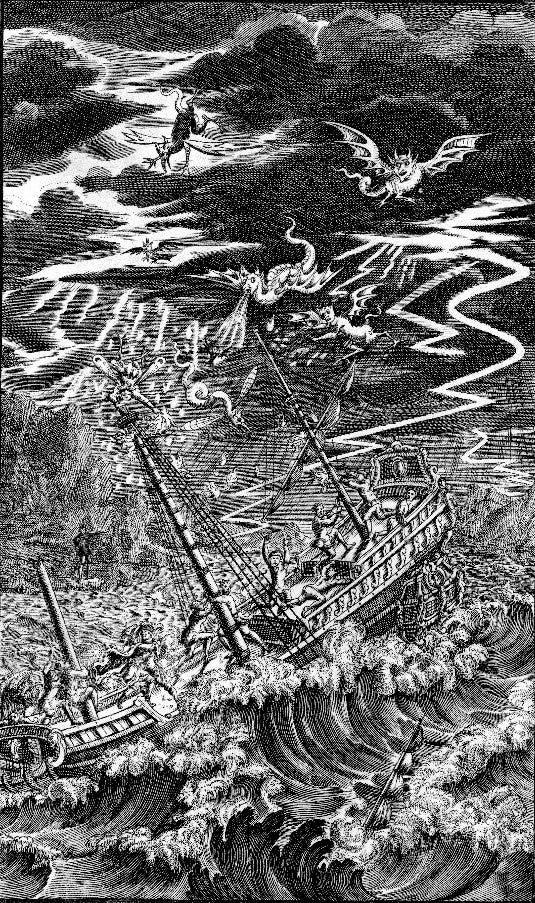
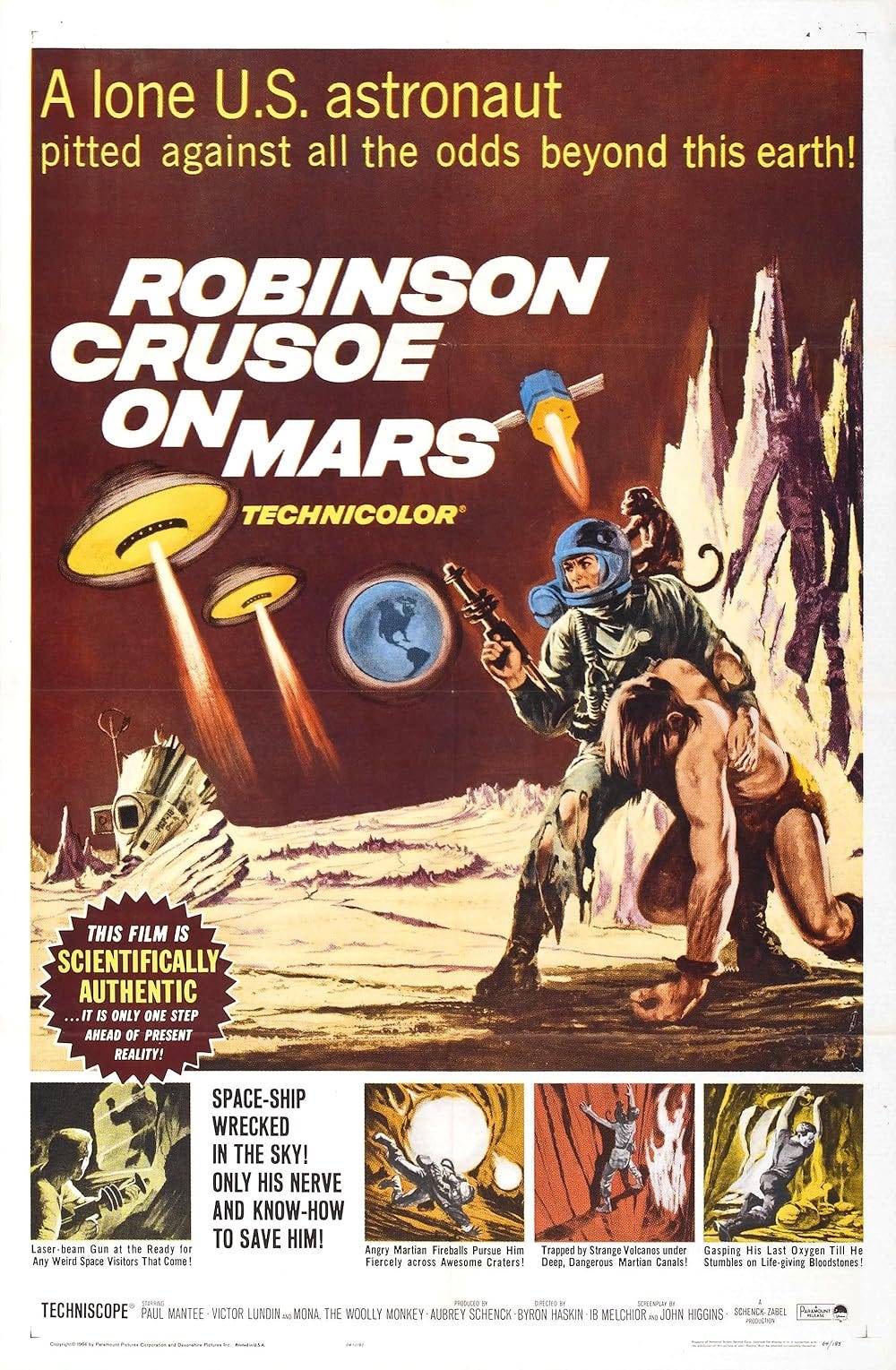

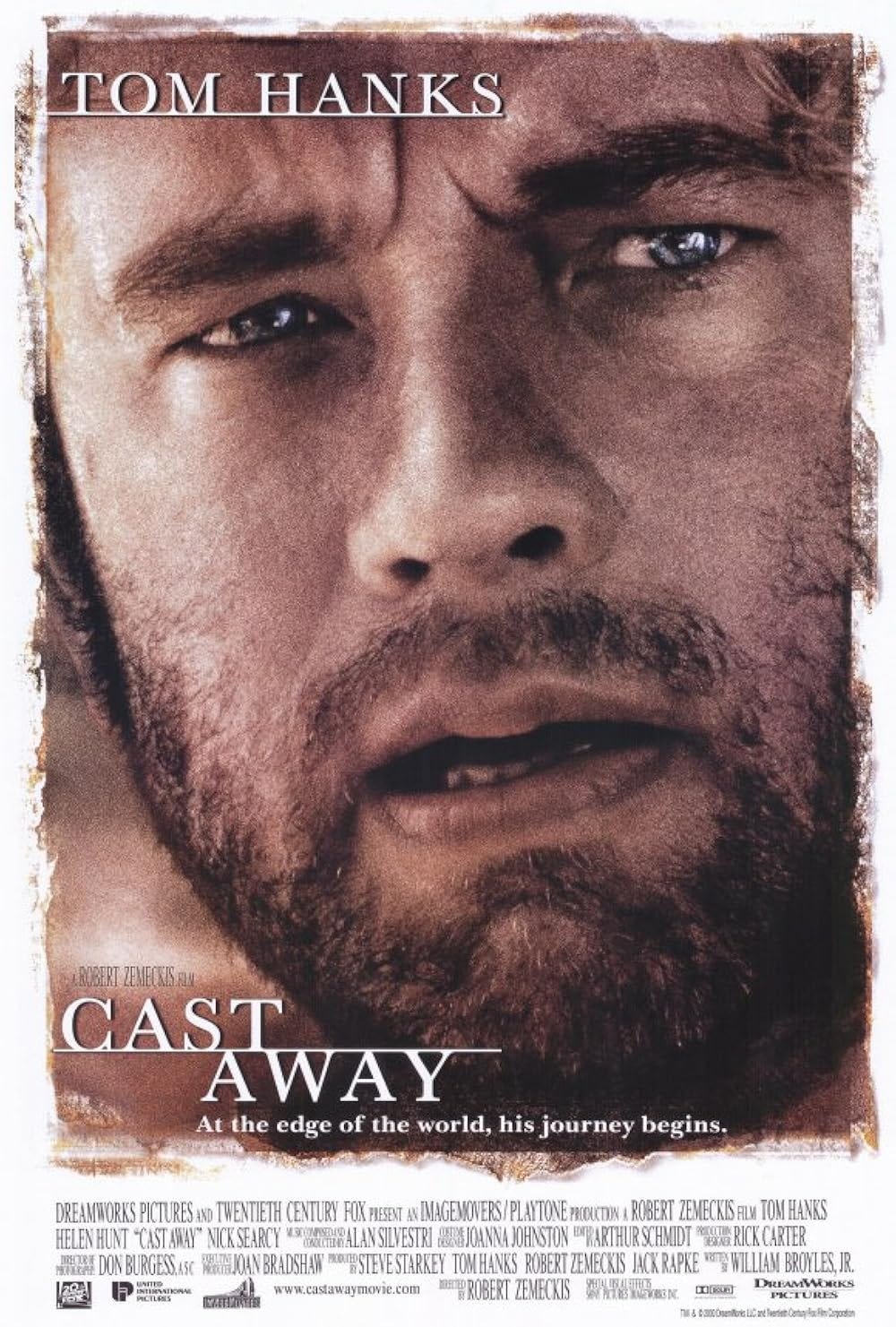
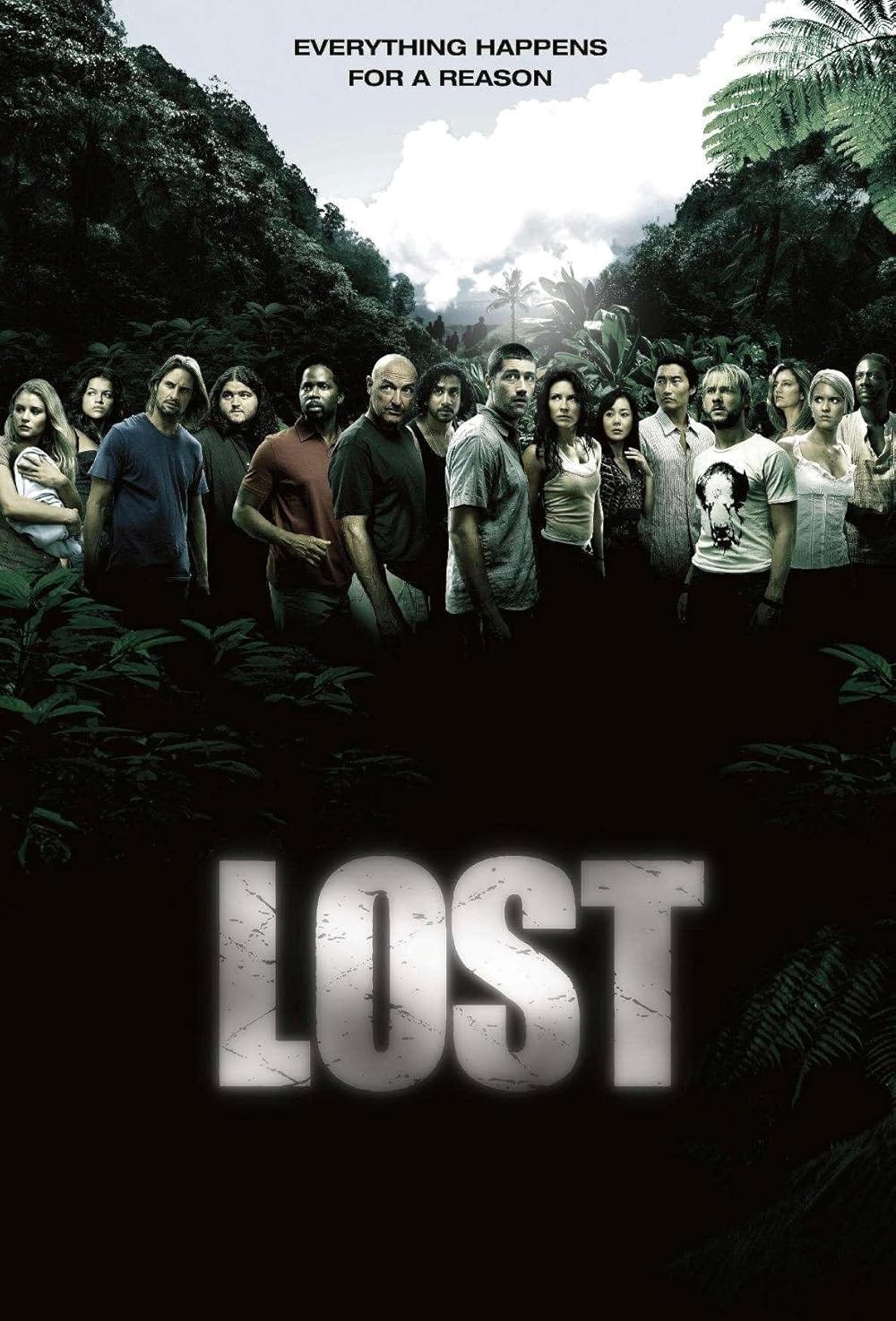
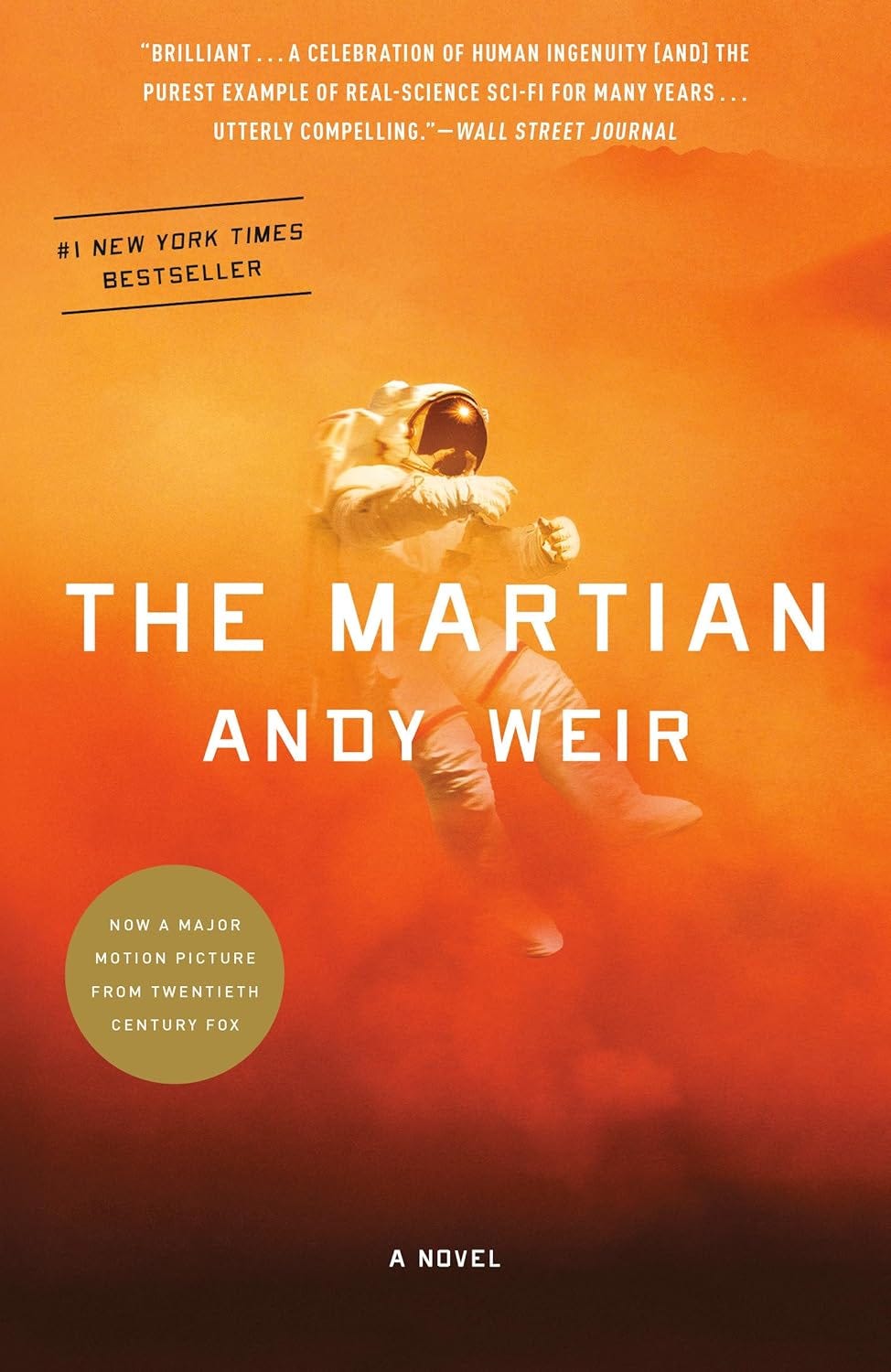

I am late to commenting but I was surprised how easily, it seems, that Friday left his father behind and went with Crusoe. Thank you, Henry, for leading us through this book!
This was a fun read! Thank you. I thought I read this as a child, but my only clear memories were of salvaging from the ship and establishing some farming. I wonder if I had an abridged version. Or maybe I just never finished it.
The imperialism is front and center giving me a lot to think about. I can’t get over naming Friday. He made no effort to determine his existing name! In a lot of ways Crusoe isn’t just a product of empire, he embodies it. He doesn’t care for counsel, whether it is wisdom or superstition; he views others as enemies or servants or (maybe) subjects. He assumes that he should be in charge at all times. I actually thought it was probably good for his character that the sailors were calling him Governor, since he was thinking of himself as king.